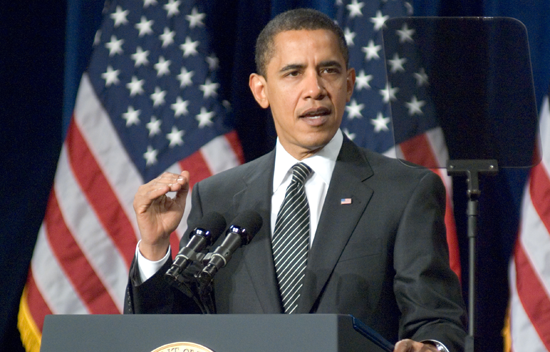
brown on green, A Regular column about finances
by David Brown
How to Beat the Lottery
Lottery fever is on the rise in the United States with 43 states now operating games of chance. Lotteries actually have a history in America that dates to the 1600s, but state run lotteries had been banned by the early 1900s.
The first state to establish a state run lottery in the modern era was New Hampshire in 1964. Many states use the proceeds to fund education, hoping to pull in folks who wouldn’t normally purchase a ticket. The truth is, once a lottery is established, states come to depend on the funds for education and spend money previously earmarked for education elsewhere. That means that lotteries really don’t generate new money for education.
People get caught up in the excitement of becoming an instant millionaire. We are bombarded constantly by advertisements on radio and television that entice us to purchase tickets. Media coverage of big winners beaming and holding giant checks creates the illusion that “it could be me.”
In reality, most jackpot winners don’t thrive. A recent story by Bankrate.com followed eight lottery winners who lost their millions. Few people can handle sudden wealth. If you haven’t done a good job of handling your finances before you receive a windfall, you will not suddenly learn how to manage a large sum overnight. Wealth is easier to handle when it builds over a long period of time.
Unfortunately, lotteries are also a form of regressive taxation because those people who are most likely to buy the tickets are those who can least afford to do so. Studies indicate that those who earn less than $13,000 a year spend an average of nine percent of their earnings on lottery tickets—more than $50 a month even though the odds of winning the grand prize are 195 million to one.
Here’s a better plan. Instead of investing $50 a month in lottery tickets, how about putting it into a retirement plan? An individual who invests $50 a month for 40 years with an average interest of 8% will add $175,000 to their retirement fund. Now that is the only sure way to beat the lottery.

The odds of winning the Powerball lottery are 195,000,000 to 1. Consider the following list of things that are more likely to happen:
Odds of becoming president - 10,000,000 to 1
Odds of being struck by lightning - 576,000 to 1
Odds of becoming a professional athlete - 22,000 to 1
Odds of finding a four-leaf clover on your first try - 10,000 to 1
Odds of a hole in one - 5,000 to 1
So, what is less likely to happen than winning the lottery?
Odds of a meteor landing on your house 182,138,880,000,000 to 1
(I know you will sleep better tonight.)
|

